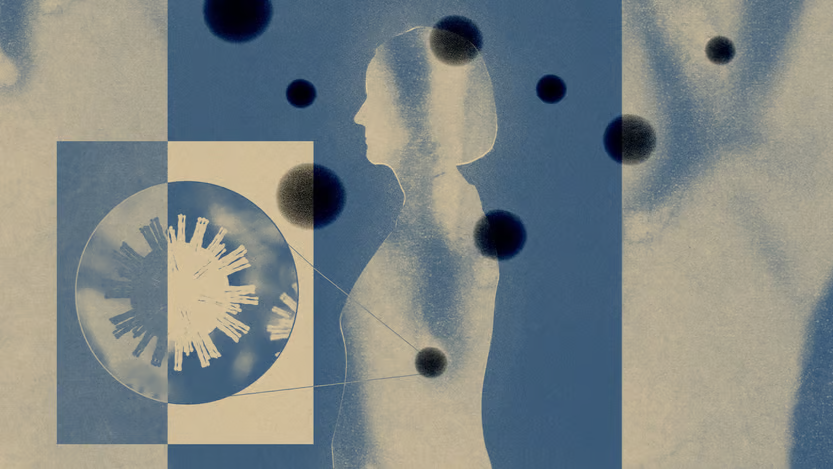
The Economist
13,044,114 followers
April 30, 2025
I think about Alzheimer’s more than someone my age probably should. But I don’t think I’m alone. There is something uniquely haunting about the disease. Anyone who has watched a loved one disappear—their memories slipping and personality fading—will know how tenaciously the experience stays with you.
For decades, research has made frustratingly little progress towards a cure for Alzheimer’s. Scientists and pharmaceutical companies have mostly chased a single theory, pouring tens of billions of dollars into treatments that, at best, only slow the progression of the disease.
But now a growing number of researchers are exploring a very different idea, that viruses might trigger Alzheimer’s. The theory has exciting implications for treatment. If viruses are the cause it might be possible to treat, or even prevent, the disease using drugs we already have. For future sufferers, and people who think about Alzheimer’s as much as I do, it offers a reason for hope.
Ainslie Johnstone, Data journalist and science correspondent
Editor’s picks
A selection of must-read articles

Do viruses trigger Alzheimer’s?
A growing group of scientists think so, and are asking whether antivirals could treat the disease

How to reduce the risk of developing dementia
A healthy lifestyle can prevent or delay almost half of cases

Have doctors been wrong about how to treat Alzheimer’s disease?
A new book argues that dogma and bad science led Alzheimer’s research astray

Volunteers with Down’s syndrome could help find Alzheimer’s drugs
Those with the syndrome have more of a protein implicated in dementia

A drug for Alzheimer’s disease that seems to work
It is not perfect. And it has side-effects. But it may be the real deal
Get full access to our journalism




